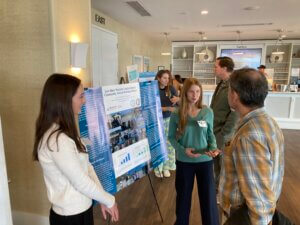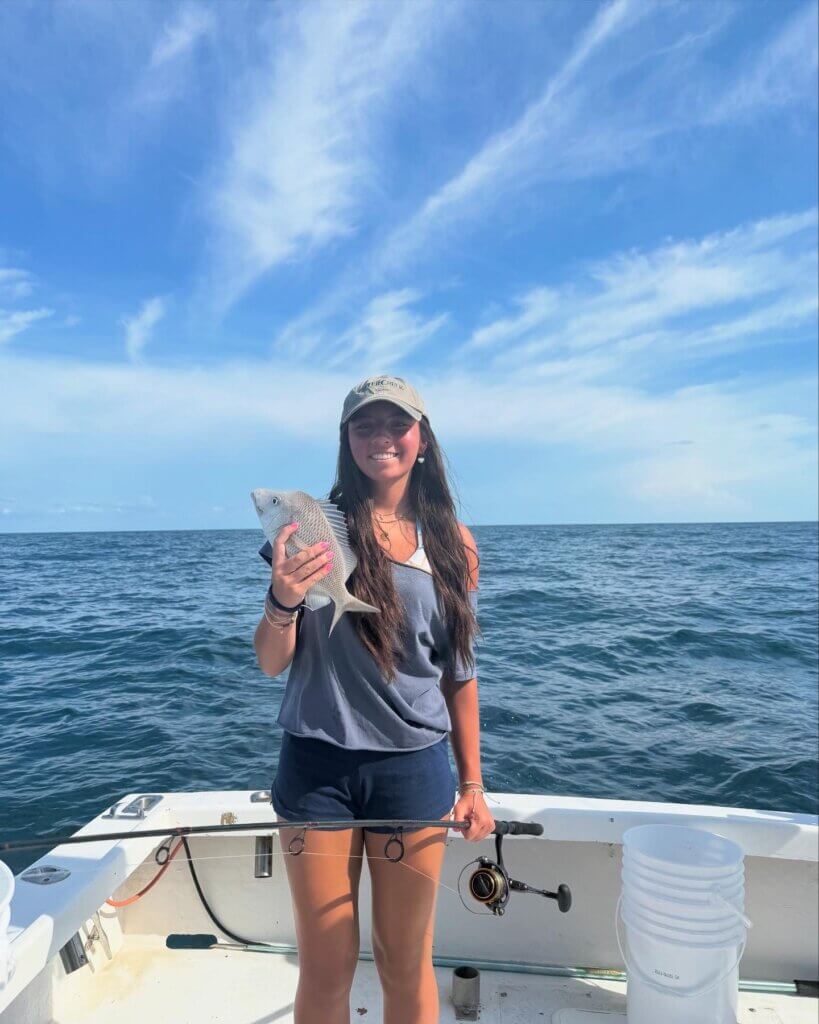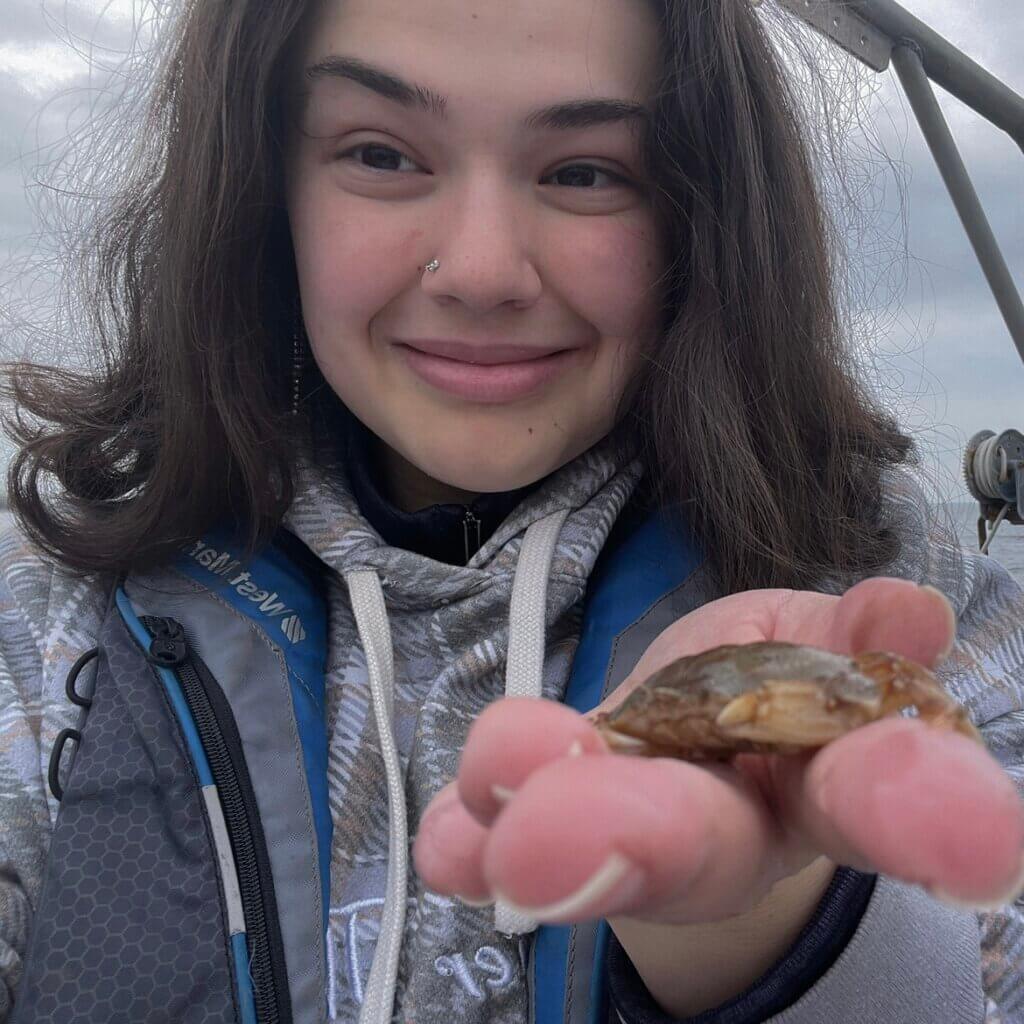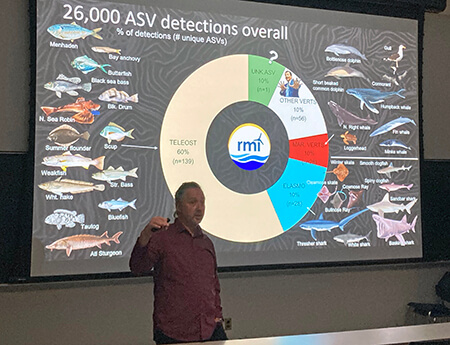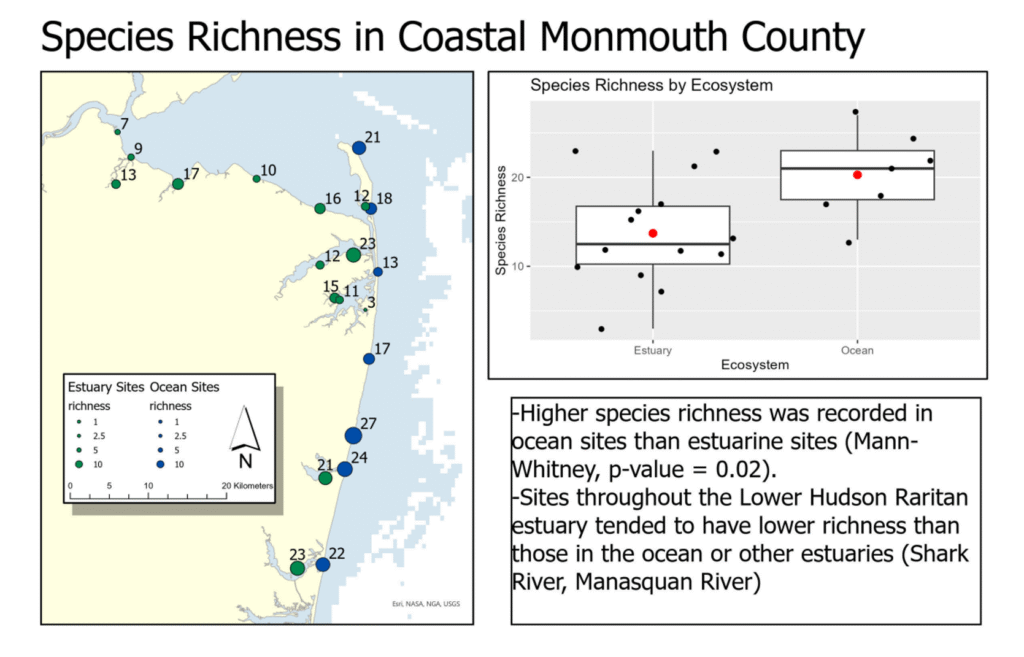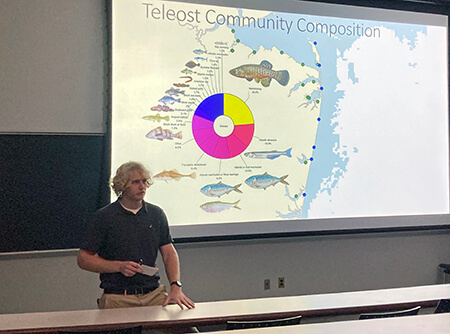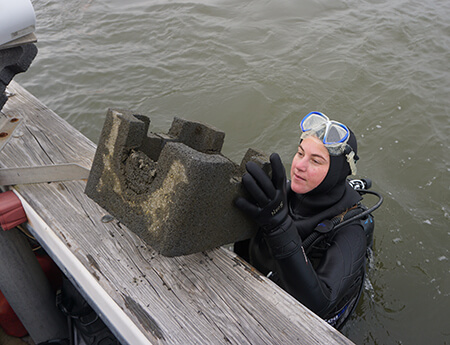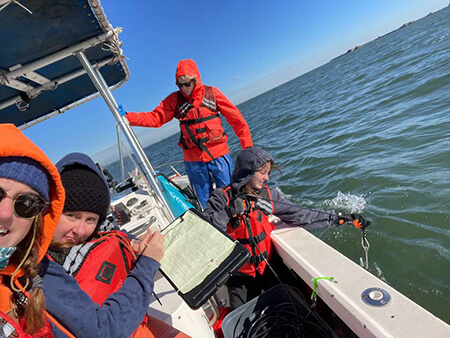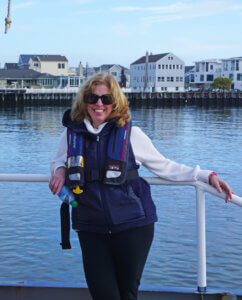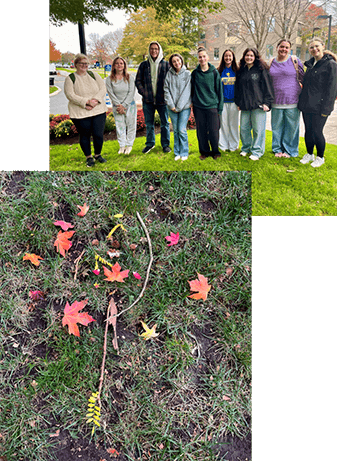Wednesday, March 18 | 12-1:30 p.m.

The U.S. offshore wind industry continues to evolve rapidly, shaped by policy developments, market dynamics, technological advances, and shifting political, legal, and economic conditions. On March 18, the Monmouth University Urban Coast Institute (UCI) will host a webinar that provides a timely overview of the current state of offshore wind, focusing on the Mid-Atlantic region.
Panelists will highlight the evergreen issues and challenges to the sector, but also discuss recent federal and state actions, major project milestones, supply chain considerations, and emerging challenges and opportunities. Join this webinar to learn from offshore wind experts who will provide an update on the policy, legal, and political landscape for offshore wind in the region, and how recent headwinds will impact the future of this marine renewable technology in New Jersey and the region.
Key focus area that will be addressed include:
- General status of the industry and relative market confidence
- Legal challenges to projects
- State energy goals, policy implications, and how the states are re-grouping
Panelists will include Troutman Pepper Locke Senior Counsel Josh Kaplowitz, UMass Clean Energy Extension Director Kira Lawrence, and Special Initiative on Offshore Wind Executive Director Kris Ohleth. The session will be moderated by UCI Senior Ocean Policy Fellow Tony MacDonald. Scroll below for bios of the panelists.
The webinar is free and open to the public. A Zoom link will be provided upon registration.
Speaker Bios
Josh Kaplowitz, Esq., Senior Counsel, Troutman Pepper Locke
Josh Kaplowitz focuses his practice on regulatory, policy, contractual, and litigation matters related to offshore wind and renewable energy. With extensive experience in both the public and private sectors, he has a deep understanding of what it takes to guide major clean energy infrastructure projects through the federal environmental law review process and survive judicial review – including permitting and litigation involving the National Environmental Policy Act (NEPA), Endangered Species Act (ESA), Outer Continental Shelf Lands Act (OCSLA), and Clean Water Act (CWA). Kaplowitz previously served as vice president for offshore wind at the American Clean Power Association (ACP), where he led ACP’s offshore wind advocacy efforts, working to advance the organization’s policy, legislative, and regulatory priorities for offshore wind, with a particular emphasis on advocating for permitting reforms before a wide range of federal agencies and Capitol Hill. He also facilitated ACP’s collaboration with state and local governments, stakeholders, and the public. After working in private practice as an environmental, toxic tort, and commercial litigator, Josh served for five years in the Office of the Solicitor at the U.S. Department of the Interior as legal counsel for BOEM’s Office of Renewable Energy Programs and the Bureau of Safety and Environmental Enforcement (BSEE). He also serves as an adjunct professor at the George Washington University College of Law, where he teaches a seminar on offshore wind law.
Kira Lawrence, Director, UMass Clean Energy Extension
Kira Lawrence was hired as director of the UMass Clean Energy Extension in 2026. She joined UMass after five years at the New Jersey Board of Public Utilities (BPU), where she served in the Division of Clean Energy as Senior Scientist, then acting deputy director of offshore wind and most recently as senior policy advisor to the president of the BPU. During her time at BPU, she co-developed the New Jersey Research and Monitoring Initiative, served on and then lead the team that developed offshore wind generation and transmission solicitations and managed awarded projects, oversaw the BPU’s Office of Federal and Regional Policy, and worked on policy to support the fossil-to-clean-energy transition in New Jersey. Prior to her work with BPU, Lawrence was the John H. Markle Professor of Geology at Lafayette College, where she served as co-chair of the Environmental Science and Studies Programs, chair of the Department of Geology and Environmental Geosciences, and the faculty lead on Lafayette’s second Climate Action Plan. She holds an undergraduate degree from Dartmouth College, master’s degrees from University of California Santa Cruz and Brown University, and a Ph.D. from Brown University, all in earth sciences.
Kris Ohleth, Executive Director, Special Initiative on Offshore Wind
Kris Ohleth has worked in the offshore wind industry for over 15 years, since the days of the industry’s inception in the U.S. Holding senior positions with offshore wind developers, NGOs, and state agencies, she has gained critical insights into the policy and regulations that shape offshore wind activities at the state, regional, and federal levels. She has extensive experience working with offshore wind stakeholders and has expert knowledge of such engagements, having worked on offshore wind and ocean policy issues at all levels. In her current role as the director of the Special Initiative on Offshore Wind, she leads the organization on to develop strategies to support the responsible and sustainable development of the offshore wind industry. Originally from New Jersey, she is a Rutgers graduate, has a master’s degree from the University of Rhode Island, and currently lives in Morris County, New Jersey, with her husband and retired-racing greyhounds.
Tony MacDonald (Moderator), UCI Senior Ocean Policy Fellow
Tony MacDonald is the UCI’s senior ocean policy fellow and served as its director from 2005-25. He was previously the executive director of the Coastal States Organization (CSO) from 1998-2005. CSO, based in Washington, DC, represents the interests of the governors of the nation’s 35 coastal states and territories on coastal and ocean policy matters. Prior to joining CSO, Tony was the special counsel and director of environmental affairs at the American Association of Port Authorities, where he represented the International Association of Ports and Harbors (IAPH) at the International Maritime Organization on negotiations on the London Convention. Tony has also practiced law with a private firm in Washington, DC, working on environmental and legislative issues, and served as the Washington, DC, environmental legislative representative for the Mayor of the City of New York.

